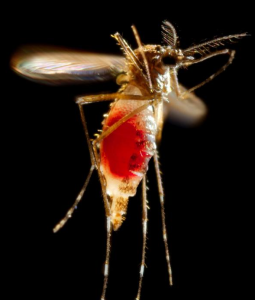The total number of dengue fever cases in south China’s Guangdong Province has increased to nearly 37,000 as of Saturday, according to the provincial health and family planning commission as reported by Xinhua.

Among the 1,047 newly-infected, 378 were hospitalized on Friday, bringing the number of dengue patients in hospital to 2,482. More than 12,000 affected people have left hospital after being cured, the report states.
The death toll due to dengue fever remains unchanged at 6 in the province.
In a related development, a Dengue Expert Advisory Panel, comprising experts from Singapore, Australia, the United Kingdom (UK) and the United States of America (USA), recommended that Singapore explores the use of Wolbachia-carrying Aedes males to help suppress the Aedes mosquito population in Singapore, for further reduction of the risk of dengue. To date, Singapore has reported 16,322 dengue fever cases in 2014.
“Wolbachia-carrying Aedes has been released in several places, such as Australia, Brazil, Indonesia and Vietnam, with no negative impact on public health and ecology. This is consistent with our knowledge and assessment. Wolbachiaprovides a safe strategy, because the bacteria are naturally present in a large fraction of insects. Organisms in the natural environment have been continuously exposed to Wolbachia for millions of years,” explained Professor Ary Hoffmann, an expert on Wolbachia-insect interaction, from the University of Melbourne in Australia. Male mosquitoes do not bite or transmit disease, and Wolbachia are naturally occurring bacteria (non-genetically modified) found in more than 60 per cent of insect species.
The recommendations from the expert panel comes days after a more controversial method of mosquito control, the use of mosquitofish, has been used in Guangdong’s capital city, Guangzhou. For more infectious disease news and information, visit and “like” the Infectious Disease News Facebook page


2 thoughts on “South China dengue outbreak at 37,000 cases, Wolbachia bacteria may help in battling dengue”